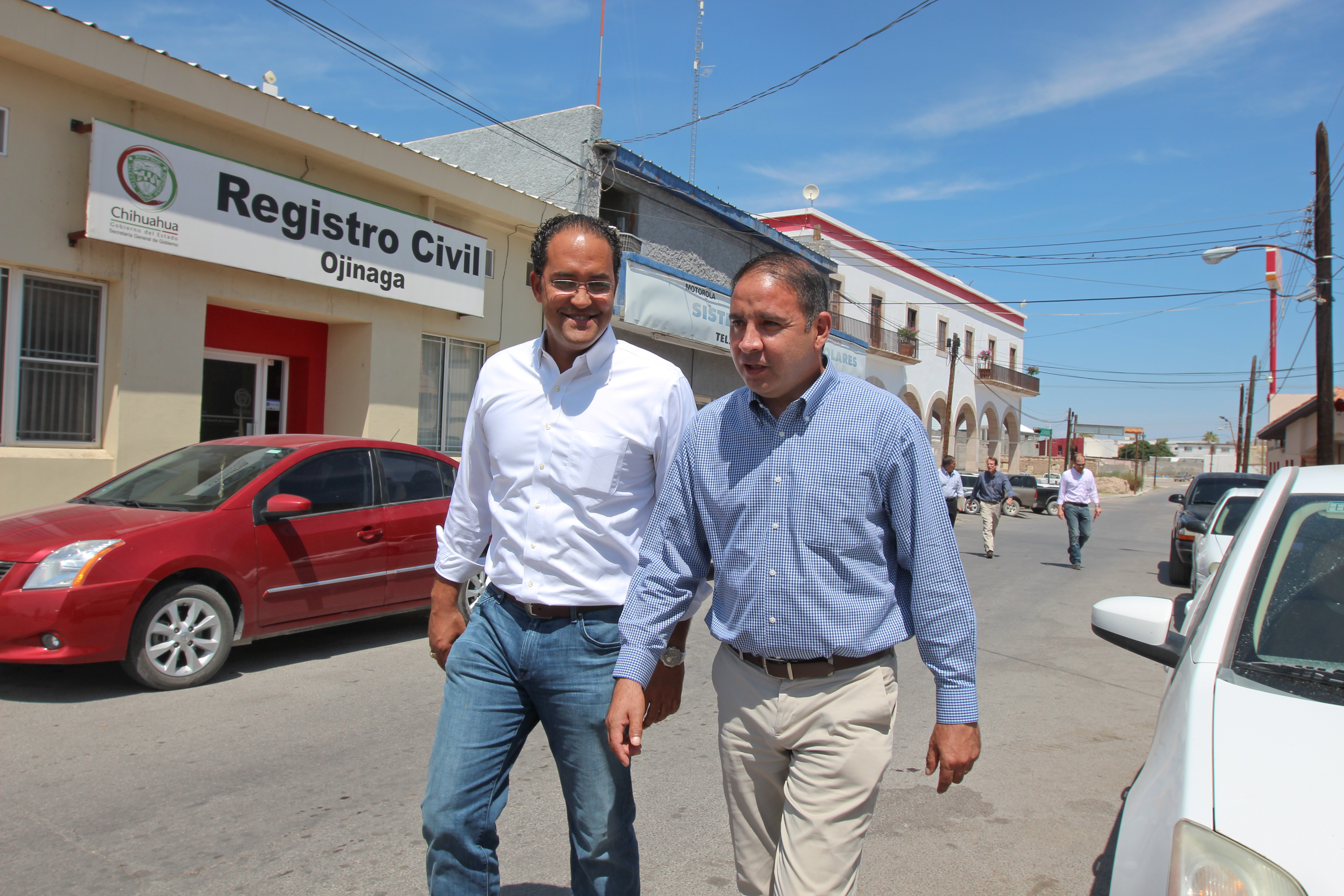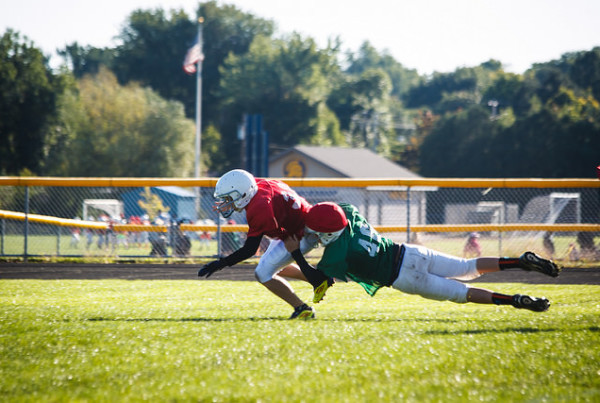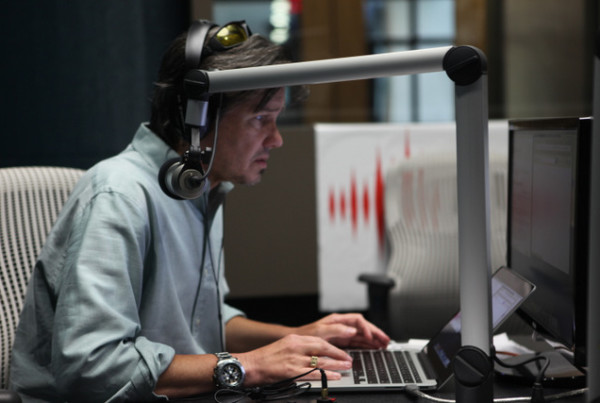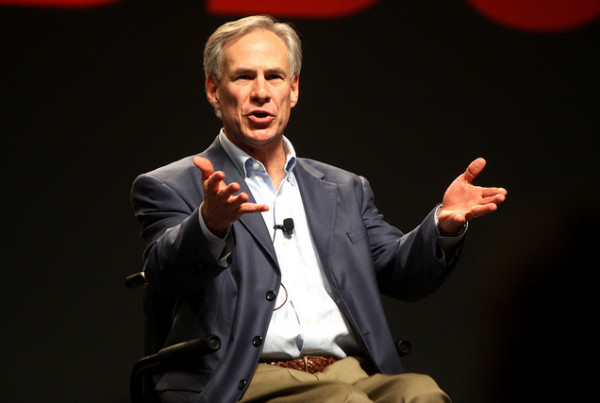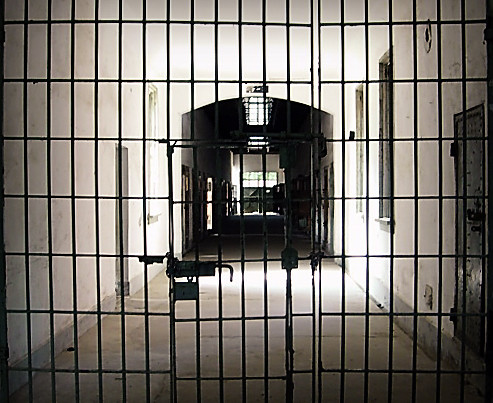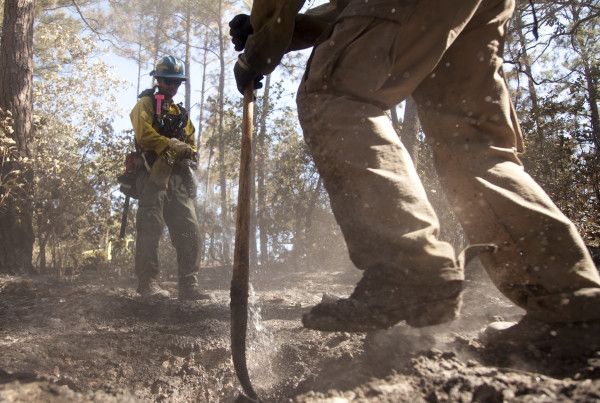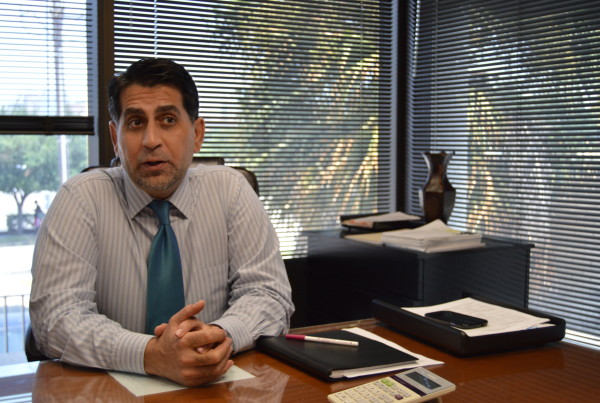This story originally appeared on Fronteras Desk. Audio will be available shortly.
OJINAGA, Chihuahua – It’s not something you see every day; a member of the United States Congress enters Mexico on the border and not by flying to Mexico City and back to Washington, D.C.
Congressional Representative Will Hurd (R-Texas) is also a member of the House Committee on Homeland Security.
So his visit to the border town of Ojinaga, in a gritty slice of Chihuahua State, stands out in an otherwise negative narrative that says, ‘Don’t go to borderland Mexico.’
“I spent nine years as an undercover officer in the CIA,” he said. “So I’ve been in some pretty rough places. Ojinaga’s not one of them.”
In the last 18 months, there have been less than a dozen reported murders in Ojinaga, a town of 30,000 people.
Hurd wants to leverage his connections at the State Department that he says were forged when he was a CIA agent. He wants the State Department to reconsider its recent warning concerning traveling here.
“My basic back-of-the-envelope math is that Ojinaga is pretty safe,” he continued.
“But I need to sit and talk with the professionals that are looking at this and see how they made their decision, and see how we can influence that so that the State Department’s advisory is actually reflective of the situation here.”
Ojinaga matters because it’s a principal entry point for Mexican beef used by the U.S. fast food industry. Helping to move that Mexican livestock into the U.S., the USDA has reversed what it said was a security-based decision banning its inspectors from checking U.S.-bound livestock in Ojinaga. That decision is helping to move that Mexican livestock into the U.S. faster and at lower cost.
Mexico’s President Enrique Peña Nieto has unveiled plans to create a manufacturing and logistics hub here to serve northern Mexico. That in turn matters for U.S. oil and gas companies looking to use Ojinaga as a base to work in Mexico’s recently-opened domestic energy market.
Ojinaga Mayor Miguel Carreón is a member of Mexico’s ruling party, the PRI. He helped Peña Nieto craft his economic stimulus plan for northern Mexico.
Carreón concedes that Chihuahua is a violent state. But citing statistics, he says his town is not and that the state as a whole is seeing a reduction in crime.
“Last month across the state, we had the lowest number of serious crimes like murder in several years,’ Carreón said, implying that the State Department right not be aware of that.
However, many Mexicans don’t believe major crime is going down. There’s conflict over the definition of organized crime-related killings. And even Mexico’s federal government says that organized kidnapping is still an ugly, major, persistent problem.
Many Mexicans say the threat of kidnapping is a serious concern in parts of Mexico, including other parts of Chihuahua State.
That said, Carreón and Congressman Hurd agreed to work to change Washington’s view of Ojinaga. But both men concluded that change is never quick.
“Washington, D.C. doesn’t move at the speed of light, which is unfortunate,” Hurd told Carreón.
Carreón said,”I understand what you saying,” concluding with the notion that the same is often true in Mexican politics.
“What you need in San Diego is very different than what you need in Presidio,” Hurd said explaining that there is room for nuance in border security policy in certain areas.
The State Department rejects any notion that Ojinaga is safe, which paves the way for some interesting conversations when Congressman Hurd returns to Washington, D.C.
In an email, a State Department spokesperson wrote that Ojinaga is on the travel advisory because of “threats to safety and security posed by organized criminal groups.”


